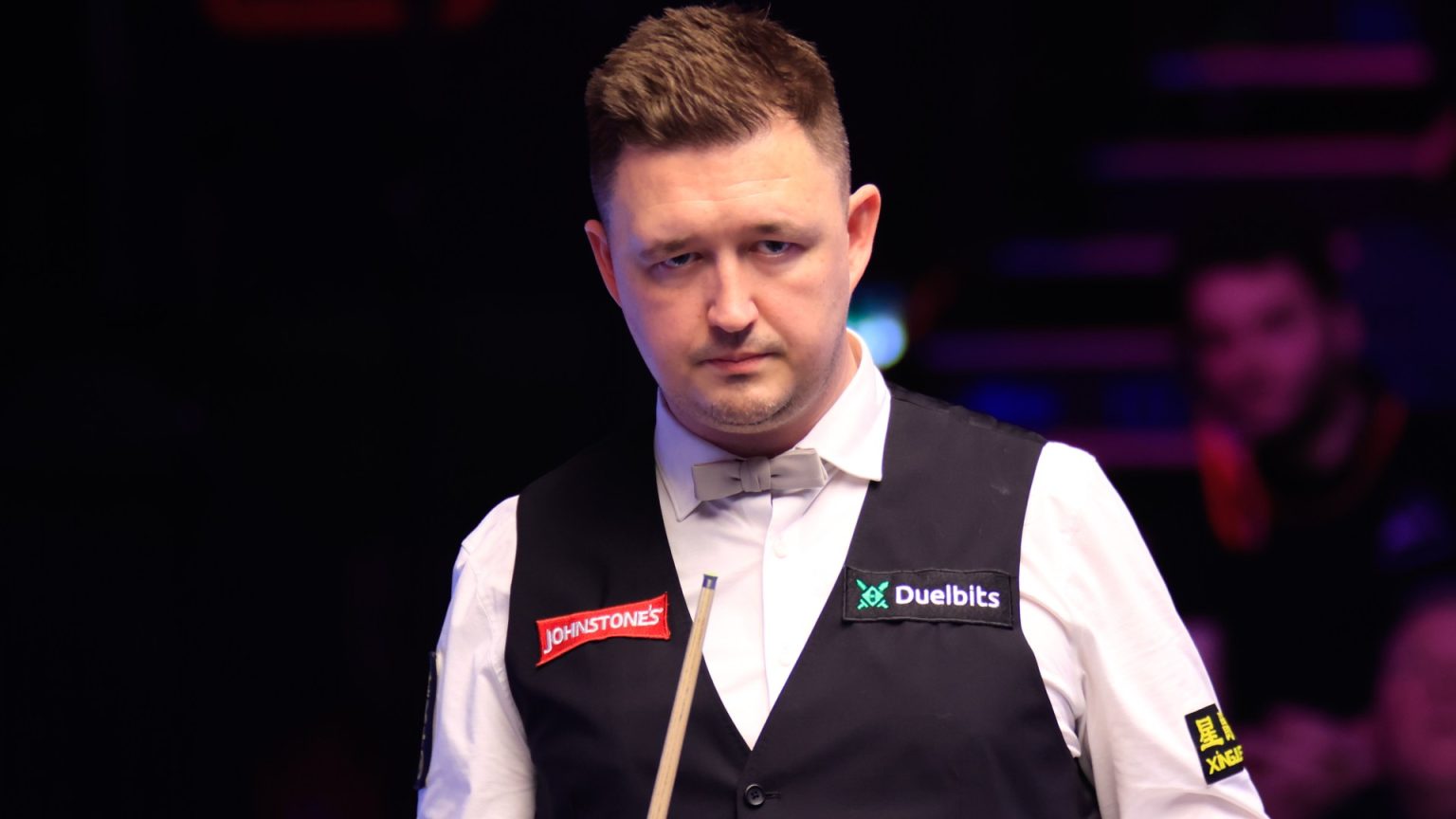Mark Allen, the renowned snooker player, has once again expressed his strong disapproval of the German Masters tournament following his second-round exit at the hands of Wu Yize. His discontent stems primarily from the tournament’s setup in its earlier stages, where multiple matches are played simultaneously around the main televised table. This arrangement, Allen argues, creates a distracting atmosphere for players not competing on the central table, impacting their focus and performance. He aired his grievances on social media platform X, stating his intention to boycott the event in the future under the current conditions and even inviting public censure should he renege on this declaration. This isn’t the first time Allen has voiced such sentiments; his history with the German Masters is marked by repeated complaints about the multi-table layout.
Allen’s frustration with the German Masters format is deeply rooted and long-standing. He views the simultaneous matches as a significant distraction, hindering players’ ability to concentrate and perform at their best. The constant movement and noise from surrounding tables, coupled with the awareness of other matches taking place, create an environment that he believes is detrimental to competitive snooker. This perceived disadvantage for players not on the main table has fueled his ongoing criticism and his repeated threats to withdraw from the tournament. His recent loss to Wu Yize seems to have reignited this simmering discontent, prompting his emphatic social media pronouncements.
The core of Allen’s argument lies in the belief that the multi-table setup creates an uneven playing field. While the players on the central televised table enjoy a relatively isolated and focused environment, those on the outer tables are subjected to a constant barrage of distractions. This disparity, in his view, compromises the fairness of the competition, giving an unfair advantage to those fortunate enough to be playing on the main stage. He contends that this arrangement undermines the integrity of the tournament, potentially affecting outcomes and unfairly penalizing players relegated to the outer tables.
Allen’s public pronouncements reflect a growing concern among some players about the evolving formats and structures of snooker tournaments. While the multi-table format is often employed in the early rounds of tournaments due to logistical and scheduling constraints, it raises questions about the ideal balance between maximizing playing opportunities and ensuring optimal playing conditions. Allen’s stance highlights the tension between the practical considerations of tournament organization and the desire to create a fair and conducive environment for all competitors. His vocal criticism arguably represents a call for greater consideration of player well-being and the impact of environmental factors on performance.
The debate surrounding the multi-table format underscores the broader conversation about the future of snooker and the need to constantly evaluate and refine tournament structures. As the sport continues to evolve and adapt to changing audiences and broadcasting demands, finding a format that satisfies both logistical requirements and the needs of the players becomes increasingly crucial. Allen’s outspokenness on this issue may prompt tournament organizers to reassess their approach and explore alternative formats that minimize distractions and ensure a level playing field for all participants. The discussion also highlights the importance of player feedback in shaping the future direction of the sport.
Ultimately, Allen’s repeated complaints and his threat to boycott the German Masters serve as a stark reminder of the importance of creating a competition environment that is conducive to high-level performance. His argument is not simply about personal preference but raises fundamental questions about fairness, competitive integrity, and the impact of playing conditions on outcomes. Whether his stance will lead to concrete changes in the German Masters format remains to be seen, but it has undoubtedly sparked a conversation that warrants further consideration by both tournament organizers and the wider snooker community. The debate highlights the ongoing tension between the practical demands of staging large-scale tournaments and the paramount importance of ensuring a fair and equitable playing field for all competitors.











